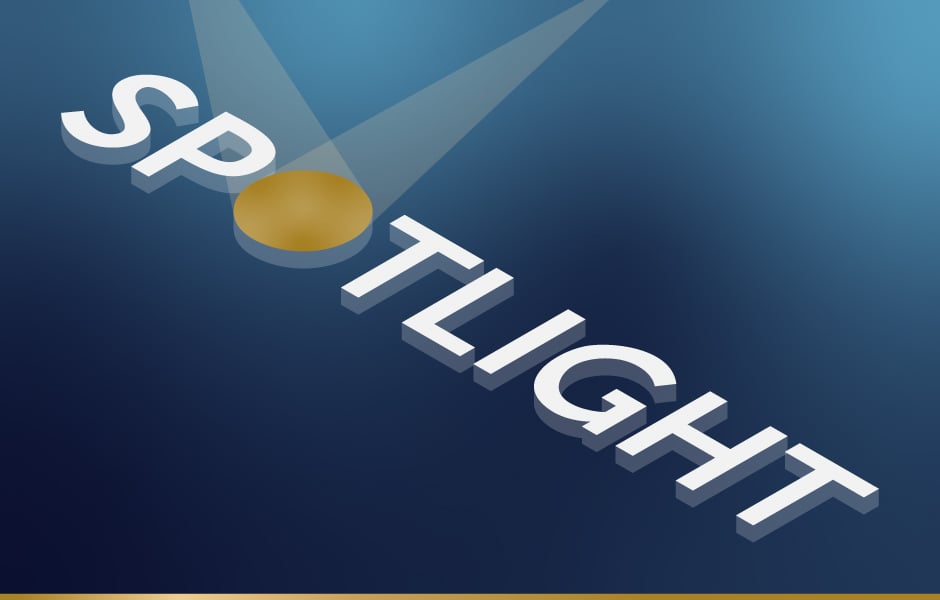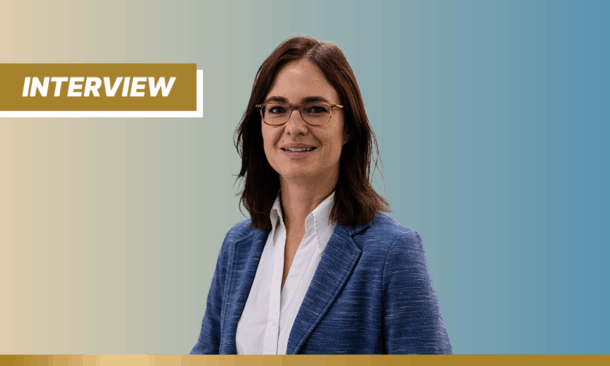Discover standout industry news from August in this content round up, covering the latest from new clinical evidence, investments and much more
4 August: NHS rolls out world-first gonorrhoea vaccine drive
England launches the world’s first gonorrhoea vaccination programme, offering the 4CMenB vaccine free at sexual health clinics to those at highest risk. Men who have sex with men, with multiple recent partners and a prior bacterial STI diagnosis are eligible. The initiative is part of the government’s ‘Plan for Change’, which prioritises prevention to ease NHS pressures.
7 August: New evidence links beta-HPV to skin cancer
A case study finds that beta-HPV may directly cause cutaneous squamous cell carcinoma, which has traditionally been viewed only as a co-factor in UV-related skin damage. After a stem cell transplant restored the patient’s immune system, cancer and HPV symptoms vanished – remaining absent three years later.
8 August: Ireland urged to seize €97bn FemTech opportunity
A report from HIHI and University College Cork calls for greater Irish investment in FemTech, a sector projected to reach €97bn globally by 2030 but hampered by chronic underfunding. Despite Ireland’s strengths in medtech, pharma and digital health, women’s health innovation remains neglected, with less than 5% of global health research budgets addressing female-specific conditions.
13 August: AstraZeneca and Viseven win 2025 HBA ACE Awards
The HBA awards AstraZeneca and Viseven with 2025 ACE Awards. AstraZeneca is recognised for its Young Health Programme, which works with over 60 NGOs and has reached 20 million young people across 40 countries. Viseven won the Aspire Award for its workforce culture, highlighted by Expert Communities and the Unicorns Recognition Program, which gamifies peer recognition with “UniCoins”.
14 August: HonorHealth hires longevity expert Nicholas Schork
HonorHealth Research Institute appoints Dr Nicholas Schork as Research Director of Longevity, Prevention and Interception to lead its new Centre for Translational Science. A genomics expert with over 600 publications and experience at TGen, Scripps, City of Hope and UC San Diego, Dr Schork will spearhead AI-driven analysis of health records, genomics and wearable data to detect early disease signals and enable personalised interventions.
19 August: Novartis to tackle rare disease diagnosis with AI
Novartis teams up with Atropos Health to develop AI models that improve early detection of rare diseases, starting with paroxysmal nocturnal hemoglobinuria – a life-threatening blood disorder that often takes over five years to diagnose. The project aims to shorten delays by transforming real-world clinical data into actionable, personalised evidence.
20 August: NICE launches landmark guidance in type 2 diabetes
NICE issues draft guidelines proposing the most significant overhaul in type 2 diabetes care in a decade. For the first time, it recommends starting treatment with SGLT-2 inhibitors alongside metformin, rather than delaying their use. Millions could gain earlier access to these and, in some cases, GLP-1 therapies – aiming to cut rates of heart attacks, kidney damage and other serious complications.
26 August: AbbVie expands pipeline with psychedelic therapy
AbbVie acquires Gilgamesh Pharmaceuticals’ lead investigational psychedelic candidate, developed for moderate-to-severe major depressive disorder. The therapy belongs to a new class of psychedelic-inspired compounds that target serotonin receptors in the brain. Unlike earlier psychedelic treatments, which can trigger prolonged psychoactive experiences, this candidate is designed to offer a shorter, more manageable experience.









